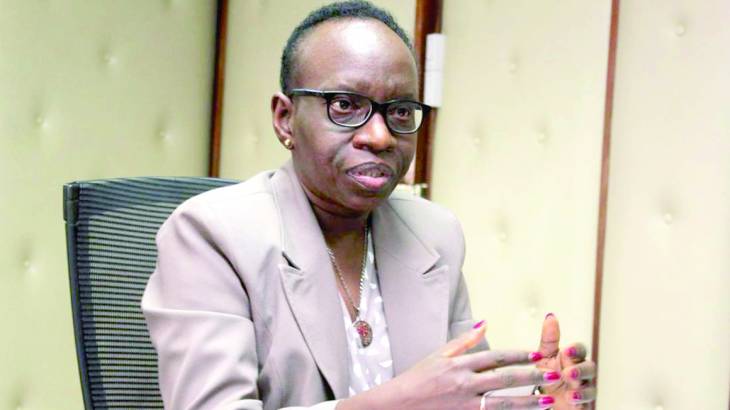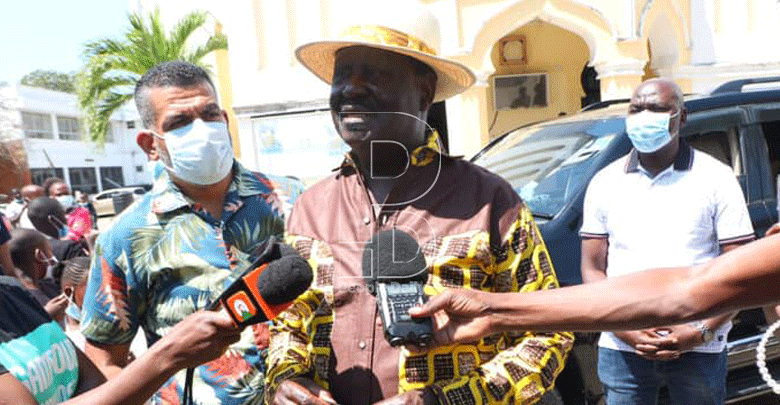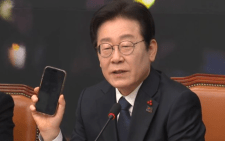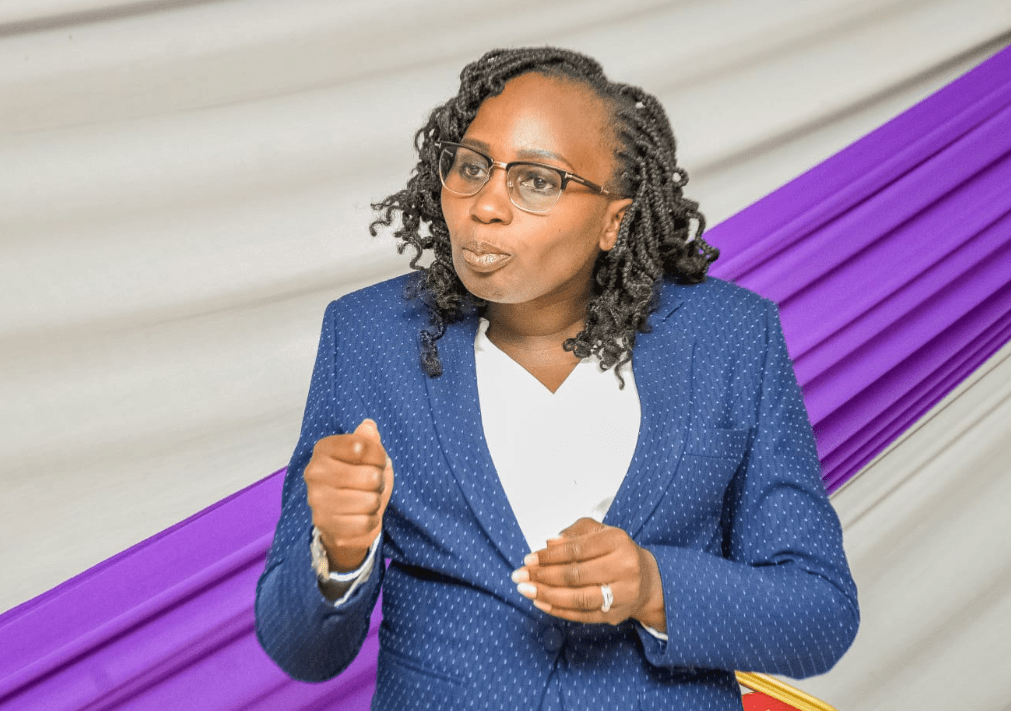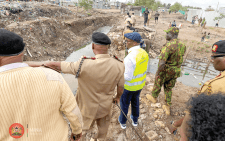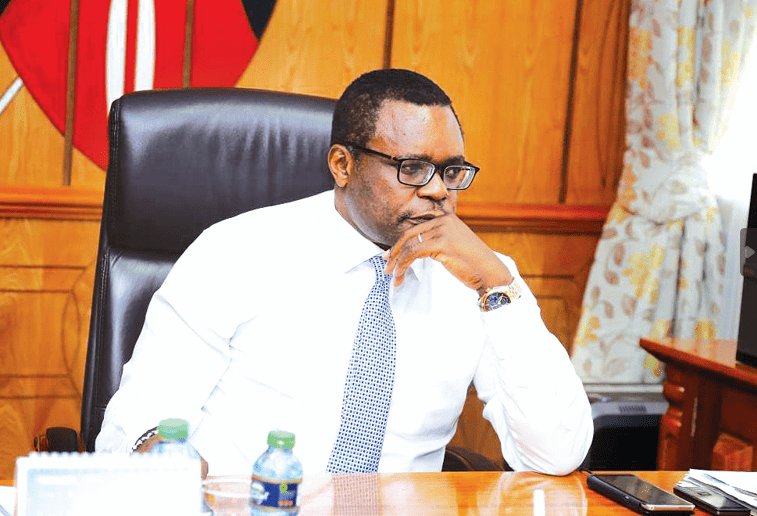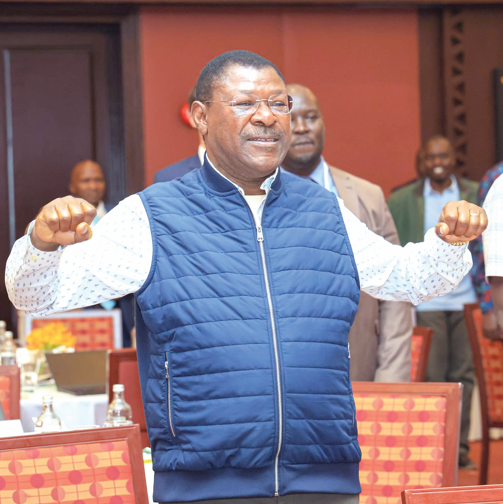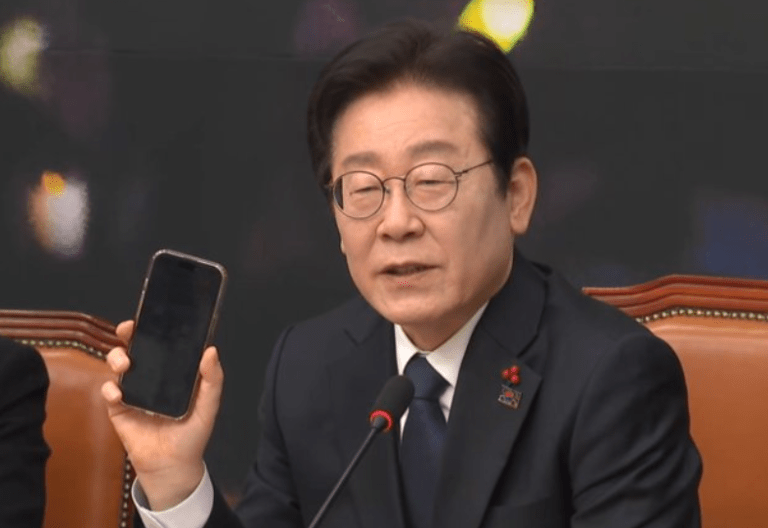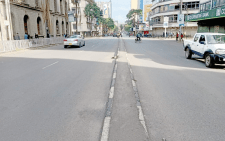Covid billionaires to reap Sh6.2b despite procurement flaws
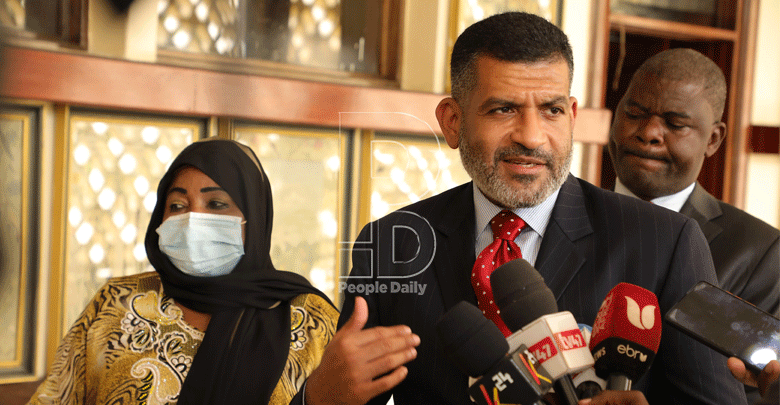
More than 100 suppliers who benefited from illegal Covid-19 related medical supplies to the Kenya Medical Supplies Authority (Kemsa) will be paid all their dues amounting to Sh6.2 billion.
Solicitor General Kennedy Ogeto told a parliamentary committee that the law requires that even in situations where contracts were illegally awarded, suppliers must be paid but using the current market prices.
“In the case of Kemsa Covid materials contracts, we established they were illegal and hence not enforceable, but the courts have since expressed themselves on the matter that suppliers must be paid at the current market prices,” Ogeto told members of the Public Investment Committee.
He, however, explained that while the issuing entity will face criminal charges for their deeds, suppliers will square it out in civil suits.
The Solicitor General said each case will be determined depending on the facts and circumstances of each specific contract.
“The law is clear on the issue of a situation where a contract does not exist or cannot be performed, reasonable payment can be done for work done. The import of this section of the law is to ensure that even where there has been non-compliance with law, none of the parties involved benefits from it at the expense of the other,” Ogeto explained.
To remedy the dilemma of whether to pay at current rates or old ones, Ogeto recommended an Ad hoc evaluation committee be appointed to negotiate with the suppliers.
The issue elicited a heated debate with MPs questioning why the suppliers should be paid even after the investigating agencies had concluded the contracts were irregularly awarded.
Led by Tom Kajwang, (Ruaraka), Raphael Wanjala, (Bundalangi), Julius Melly, (Tinderet) and Mishi Mboko, (Likoni), the MPs argued that paying the suppliers was tantamount to regularising an illegality since the contracts had already been declared illegitimate.
“It defeats logic for the office of the Attorney General to allow the payments after it had pronounced the contracts as illegal,” said Mboko.
Wanjala said the only logical solution was to return the materials to the suppliers since it had been demonstrated that the contracts that awarded them the tenders were illegal.
“By paying for the supplies to Kemsa, the government will be sanitising an illegal deal.
What will make other state agencies not to award tender unprocedurally since they know they will be paid for eventually?” posed Wanjala.
Stringent measures
Committee chairman Abdulswamad Nassir said the committee will come up with far reaching recommendations that will introduce stringent measures that will make adherence to the law in issues tenders anchored in the law.
The firms include Megascope healthcare Ltd (Sh1.1 billion), Regal Freighters (Sh270 million), Northlink GSC Ltd (Sh135 million), Meraky Health Care (Sh140 million).
Others include Everywhere Distributors (Sh118 million), La Miguela Holding Ltd (Sh180m), Shop ‘N’ Buy Ltd (Sh970m), Medlife Biological Ltd (Sh240m) and Komtel Kenya Ltd (Sh283m). Also on the list were Wallabies Ventures (Sh75m) and Crown Healthcare (Sh50 m).
A special audit by the Auditor General showed Sh2.3 billion was lost in the Covid-19 items procurement scandal at Kemsa.
Auditor General Nancy Gathangu indicted the management of Kemsa for violating various laws leading to loss of public money.
The report also revealed fraud in procurement and collusion between Kemsa bosses and the companies that were awarded the multi-billion shilling contracts.
According to the auditor, Kemsa over procured items, which are still lying idle in its warehouses.
If the items are sold at the current market prices, Kemsa will only recover Sh4 billion, leading to a whopping loss of Sh2.3 billion.
The report shows that Kemsa irregularly diverted monies meant for the Universal Health Care programme to purchase Covid-19 items without approval of the Ministry of Health.
“The procurement process was not initiated based on need assessment and planning resulting in over procurement of Covid-19 related stock worth Sh6.3 billion that is still being held at Kemsa warehouses.”
The government agency which oversees tenders now says the tenders were flawed.
When appearing before the PIC, Public Procurement Regulatory Authority (PPRA) Director-General Maurice Juma said the tenders regarding Covid-19-related medical supplies could not be saved in the eyes of law and procedure despite their emergency nature. The report also noted that the procurement process was shrouded in mystery, as Kemsa is yet to provide details of some 23 companies that benefited from the tenders.
“There is need for an investigation into the remaining 23 Covid-19-related tenders, which were not submitted by Kemsa to PPRA,” the report stated.
The report also showed most of the contracts were signed after deliveries and there was no evidence of publications and reporting of the contracts.
The report said members of the inspection and acceptance committee revealed that the inspection of the deliveries was conducted after the retrospective procurement process was completed.
Despite being a requirement in the tender documents, there was no evidence that the bidders provided the performance security before signing the contracts.
“There was no evidence of reporting of direct procurement above Sh500,000 as required in regulation 62(3) of the PPDR, 2016,” Juma told the committee.
Juma also faulted Kemsa for lacking enough evidence that would back the decisions they made during the process. The report placed suspended Kemsa CEO Jonah Manjari at the centre of the scandal.
It blamed Dr Manjari for issuing commitment letters instead of tender documents in response to the letters of intent from the bidders.
He said the publications and reporting of the contract were not done by Kemsa.
“There were no detailed specifications attached to the commitment letters. The tender documents, which were issued to bidders after issuing the commitment letters, were not prepared in the format as provided,” Juma said.
He added: “The CEO did not ensure compliance to the Act in Section 44(1), stating that any accounting officer of a public entity shall be primarily responsible for ensuring that the public entity complies with the law.”
